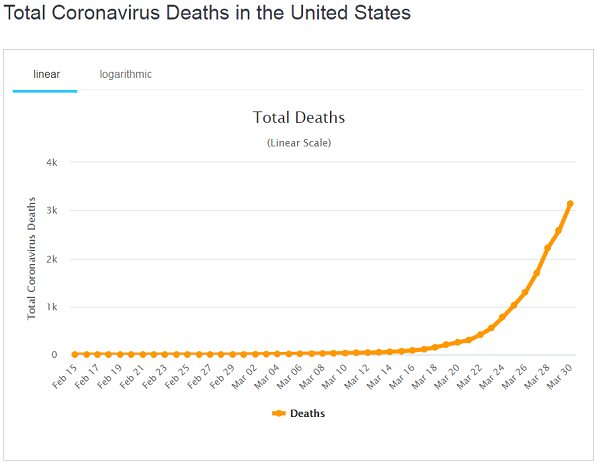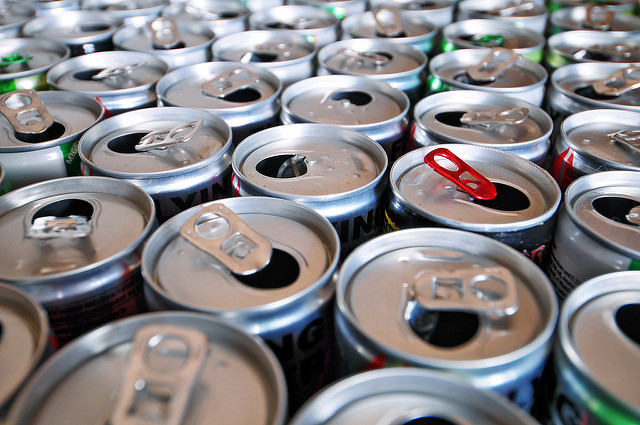Scientists find link between autism and processed foods: Preservative found to increase pro-inflammatory neurons
04/04/2020 / By Isabelle Z.

When you’re expecting a baby, your habits can have a big influence on your child’s health. You probably already know that you shouldn’t smoke and that alcohol should be kept to an absolute minimum, but now scientists also know that if you’re eating a lot of processed food, you could be putting your child at risk of autism.
That’s the finding of researchers from the University of Central Florida who recently looked into the link between gut bacteria and autism spectrum disorder. Scientists still don’t know exactly what is behind this condition, but it appears that a combination of environmental influences, genes and the maternal immune system during early pregnancy all play a role.
It’s this last factor that the researchers in the new study wanted to explore. It was already known that the microbiota in autistic children is missing beneficial strains of bacteria such as Bifidobacteria and Prevotella and has higher levels of some less beneficial ones. Autistic kids also tend to have more gastrointestinal problems than other children. Moreover, stool samples in autistic children have higher levels of PPA, a food preservative that is also used to flavor processed foods.
Studies using cultured neural stem cells exposed to high levels of PPA found that the chemical reduces the amount of cells that will later turn into neurons while raising the number of cells that become glial cells. Although glial cells aren’t bad on the surface, an excessive amount of them can cause brain inflammation and disturb neuron connectivity.
The researchers discovered that excessive PPA can also harm the molecular pathways that allow neurons to transmit information throughout the body. This type of disruption in the brain’s communication ability could be why some people with autism engage in repetitive behavior and have trouble with social interaction, for example.
According to the study’s authors, eating processed foods with high PPA levels in pregnancy could raise the levels of this chemical in the maternal gut and then be transferred to the fetus and later lead or contribute to the development of autism spectrum disorder.
What is PPA?
PPA is often used in processed foods like baked goods and breads to prolong their shelf life and stop mold from forming. It’s worth noting that it also forms naturally within the body to a degree and increases during pregnancy. However, when pregnant women consume processed foods that contain PPA, the acid makes its way across their placenta and into the fetus.
Eating processed foods is a bad idea, whether you’re pregnant or not, because of all the dangerous preservatives and other chemicals they tend to contain, not just PPA. It’s best to seek out homemade, natural alternatives to the processed foods you eat as much as possible. If you’re craving a pastry or cake, for example, consider making it yourself so you can avoid consuming excessive PPA.
Statistics from the CDC illustrate how autism is on the rise in the U.S. In 2000, 1 in 150 children had autism spectrum disorder. In 2012, the number had climbed to 1 in 68; by 2018, it had jumped to 1 in 59. The rise means there has been a lot more interest in researching the mechanisms behind the disorder in recent years, but it remains largely mysterious to scientists and doctors.
Studies like these, however, do provide important clues into how a mother’s behavior during pregnancy could influence her child’s autism risk. Food cravings in pregnancy can be hard to resist, but if it’s processed food that’s calling your name, this study should be all the motivation you need to seek a healthier alternative.
Sources for this article include:
Tagged Under: autism, Autism spectrum disorder, brain health, child health, discoveries, disease causes, ingredients, PPA, pregnancy, research, women's health



















